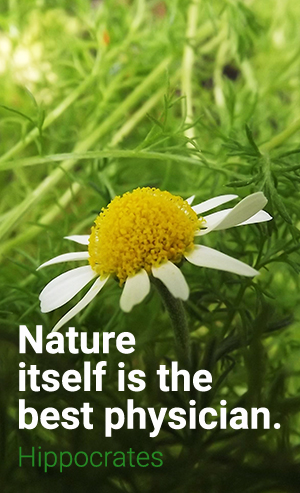What is Herbal Medicine?
Herbal Medicine is the treatment of various conditions using herbal extracts (these are either given as a liquid, tablet, capsule, or tea for internal use or as a cream, gel, ointment, or shampoo for external use). The world health organisation estimate that 70% of the world's population use botanical medicine (Einsberg, 1998). It is no surprise that people have used the same plant medicine for animals under their care as long as human animal relationships have existed. The tradition of treating animals and humans with herbs is many thousands of years old and can be traced back as far as the emergence of modern man.
The first use of medicinal herbs dates back to prehistoric times, with herbs found in graves older than 60,000 years. There is a rich history of plant medicine in many cultures with some of the best preserved traditions being found in Traditional Chinese Medicine, Ayurvedic medicine, European and North American folk medicine and more recently Western herbal medicine.
In the late eighteenth century advances in science led to purification and isolation of many plant constituents with around a quarter of today's pharmaceutical drugs having originally been derived from plants. Whilst some of these purified active chemicals can be very effective, herbalists have found that sometimes the whole plant can be more effective and have fewer side effects than the purified chamical. This is because thousands of chemicals are contained within one plant, and these chemicals work synergistically with each other producing various beneficial actions within the body.
Many herbs can be used alongside conventional medicines/ therapies and often have a synergistic effect. It is however important to remember that some herbs can have adverse interactions with some medications. For this reason, if your pet has a disease or is on medication it is vital to consult a trained veterinary herbalist to make sure that the herbs are safe to be used alongside your pet's conventional medications and any other diseases that your pet has. Herbs often have multiple actions so if one herb cannot be used with a certain medication it is almost always possible to find another to take its place.
Holistic Approach
Herbal medicine is a holistic approach that considers many factors including diet, lifestyle, emotional health as well as medical history to address to the root cause of illness. A holistic approach is especially important where the illness is chronic or where it is complex (when an animal has several different diseases).



